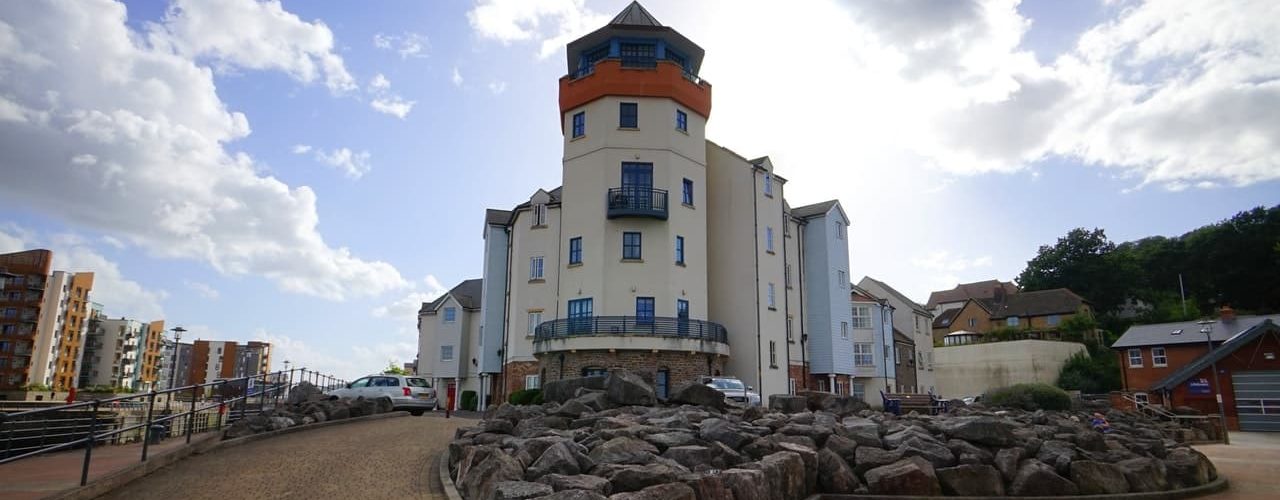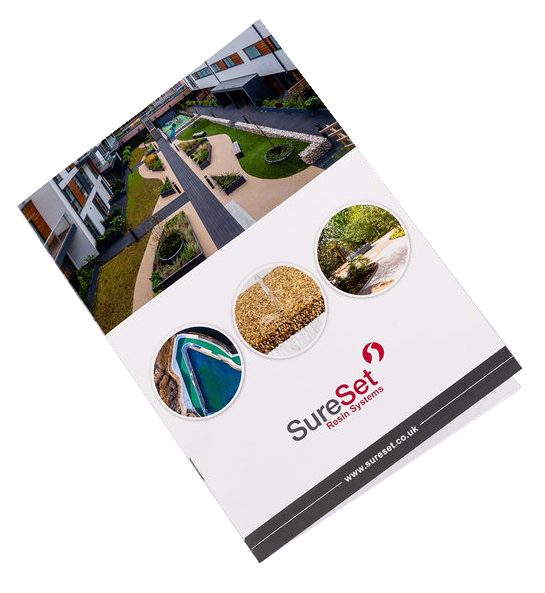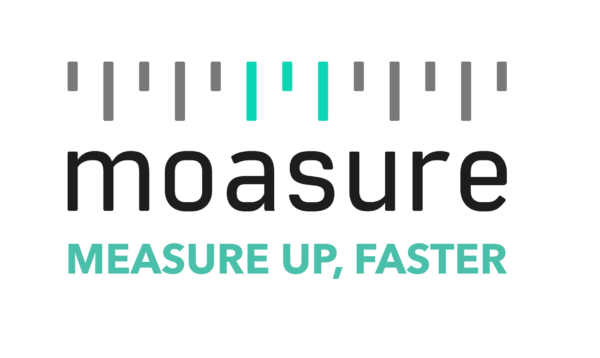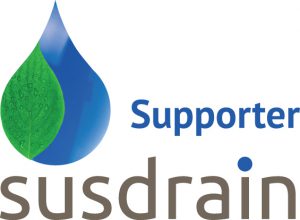
How much does a resin bound driveway cost?
Resin bound paving is fast becoming the surface choice for upgrading existing or installing new driveways.
Its compliance with SuDS, and excellent good looks, make it easy to understand why resin bound paving continues to rise in popularity.
It is extremely hard to estimate a cost per m² for a resin bound driveway because each project is completely unique. Generally, an average driveway project will cost from around £110.00 - £150.00/m² + VAT. That said, there are several factors that can and do influence the cost of a resin bound driveway. Knowing what they are and how they can affect the cost can help you estimate whether you should budget for the lower or the higher end of the price range.
The true cost of a resin bound driveway does depend on several things including:
- The size and layout of the driveway
- The choice of aggregate
- The size of aggregate
- The required depth
- The existing surface the resin bound paving will be laid onto
- What edges the resin bound paving will be laid up to
- The type of resin used
- The intended use of the driveway
- Transport and labour costs
The size and layout of the driveway
Quite simply, the cost per m² reduces as the area increases, and that’s thanks to economies of scale. A larger project will be more expensive than a smaller one, but you will pay less for the aggregate and resin per m². With regards to the layout, those with awkward or hard-to-access areas, require more time to ensure a smooth even finish, and so will take longer to install. A longer installation process will increase labour costs, which increases the bill. You also need to remember fixed costs that are part of the process, such as fuel.
The choice and size of aggregate and depth required
Each colour of Natural Aggregate, recycled material or Marble is individually priced and available in sizes ranging from 3mm – 10mm.
For a driveway, we generally use a 6mm aggregate installed at a depth of 18mm, but this is dependent on its anticipated use.
The price of an aggregate depends on various factors, such as its dimensions, colour, and size, as well as the source. For example, SureSet offers a range of aggregates. You can choose from our popular, cost-effective natural aggregate, luxury crushed, or rounded marbles sourced from selected quarries in Italy and Spain, recycled glass Spectrum (only suitable for light vehicles), FlexiSet that’s made from 50% recycled tyres, or PlayBound, a colourful rubber developed for children’s playgrounds. Of course, you would expect to pay more for luxury rounded marble than you would for recycled tyres.
The existing surface the resin bound paving will be laid on to
You will also need to take into account any preparation work, repairs, cleaning, or leveling that might be required on the surface the resin bound paving will be laid on.
The cost of a resin bound driveway can be brought down if you’re going to have it laid over an existing driveway made of concrete or asphalt, as there’s no need to pay for a new base, although you may want to include a crack-reduction membrane. Installation on existing concrete or asphalt will be much faster than if a new base was to be laid, provided the surface does not need any repairs. If your project does require a new base, SureSet offers SureCell, which is a free-draining, eco-friendly alternative to asphalt and concrete.
What the edges of the resin bound paving will be laid up to
Resin bound paving needs to be laid up to a stable edge, such as a wall, bricks, or slabs. If there isn’t an edge, one will have to be created. This can easily be done using aluminium edging – but is another cost consideration. Bricks and timber are alternatives to aluminium edging.
The type of resin used
The type of resin used to bind the aggregate for your new driveway is another factor that influences the cost. In the UK, resins typically tend to be epoxy or polyurethane – and polyurethane may be either UV stable or the cheaper non-UV stable. The trouble with epoxy is that it’s usually not as long-lasting or durable as polyurethane, and it yellows with age. When it comes to polyurethane, non-UV stable may be the more economical option, but it is not as refined as UV-stable resin, nor does it protect coloured aggregates from sun damage. At SureSet, we develop our own UV-stable resin formulations in-house. Our resin is one of the reasons our products have a 21-year guarantee.
The intended use of the driveway
The intended use and design of the driveway will also influence the cost of laying resin bound paving. If a driveway is small and straight, and cars simply drive up or reverse down, then the resin will be installed at 16mm depth on top of the base. However, sweeping driveways or those that have a turning circle where cars are repeatedly turning in the same spot will require an 18mm depth. This means that more resin will be needed, which will increase the price of the project. Weight can affect the price point too, especially in a commercial environment where vehicles weighing more than 7.5 tonnes regularly use the driveway. If this is the case, a thicker depth is required, and the costs rise accordingly.
Labour and haulage
This will be different for every project and depends on the size of your project and where it is.
To summarise, while you can use £110-£150/per m² as a ball park figure, it really is best to get a proper quote from a fully qualified resin bound installer who will be able to advise you on all of the points raised above.
You might be interested in reading these other Blogs...
Why choose resin bound paving?
Top tips for choosing a resin bound company.
Or watching a video of a resin bound driveway installation.









